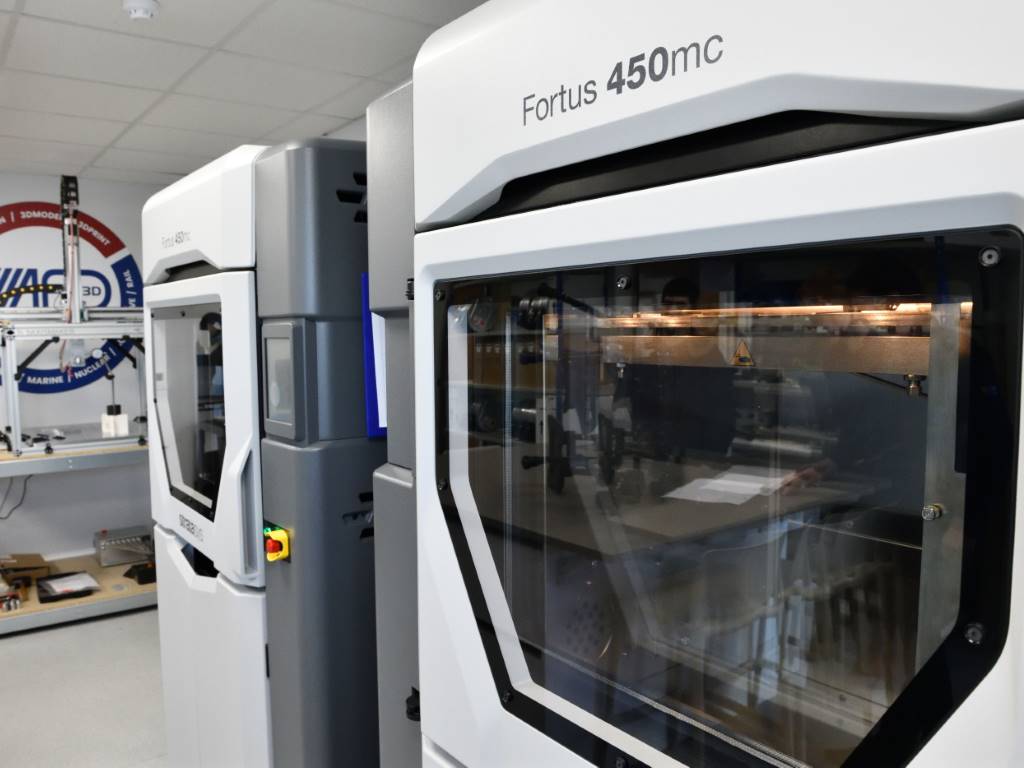Rise of the robots

According to National Physical Laboratory’s (NPL) head of advanced manufacturing, Mark Summers, automation isn’t a threat to jobs, but an opportunity for the industry.
It is unlikely that a robot will take your job. In fact, a recent report by the World Economic Forum suggests that Industry 4.0 (I4.0) will stimulate significant growth in new products and services by 2022, leading to a net increase in the number of jobs available.
What will evolve is the skills requirement within factories, with greater dependency on cobotics, removing low skilled repetitive tasks from the worker and enabling more complex and highly dextrous tasks to be undertaken by the human in the loop. The initial need will not be to enable I4.0 across the horizontally and vertically integrated supply chain. Instead, it will be to create a supply chain environment that is at the same sub 4.0 level to enable productivity increases through simple informatic applications.
High value manufacturing sectors such as the aerospace industry are in an excellent position to take advantage of the smart factory. With intelligent automation and data analytics capable of supporting all stages of the manufacturing process, including product and process validation and verification, inline measurement within series production, and remanufacturing utilising disruptive circular economy opportunities. Within that sector, air traffic is expected to double around every 15 years. Demand for products and services is high, with more than 33,000 new aircraft required by 2035. This increasing demand reverberates throughout the supply chain in the UK, which must respond to maintain its status as a global leader. Productivity, high rate or flexible rate needs are critical success factors that impact quality, cost, and delivery of factory output.
75% of manufacturing errors arise during the initial stages of production, and 80% of these are not picked up until much later in the process (CIRP Annals, vol54). This increases the product or service cost to the end user, or impacts the business profit margin through the need to rework. Measurement through end of line inspection or in process monitoring is an essential non-value-added task. Indeed, studies quantifying the benefits of investing in measurement capabilities found around 1% of GDP is spent on measurement. They estimate the benefit-to-cost ratio for investment in better measurement tools and techniques as between 3:1 and 5:1 (The Value of Measurement: Supporting information for the UK Measurement Strategy).
Industry 4.0 can provide the catalyst to meet increasing factory output with higher productivity. However, digitalisation generates, and relies on, large amounts of data. To effectively harness the enormous benefits, it will bring to aerospace manufacturing, we must apply a metrology mindset to ensure data is collected through efficient sensors and analysed by toolsets that can interpret provenance, uncertainty, and weighting. The outcome is to ensure data confidence and trust within the singular factory and the digitally connected supply chain.
To achieve confidence and trust, a measurement-based product verification framework could be implemented in the aerospace industry. This has huge economic repercussions, and in a publication authored by NPL and the Aerospace Technology Institute (ATI) the business case for such a framework was developed. Even a small increase in the efficiency of product verification has massive benefit further down the line. Problems or errors are spotted earlier, and it is vastly cheaper to identify and rework a problem than the cost of failure of measurement and control.
Metrology is key to reducing the cost and timescales of product development and enabling faster, automated factory processes, greater flexibility and agility in the end to end manufacturing system. Combining design and manufacturing data with digital systems transforms product lifecycle value chains and puts pressure on manufacturers themselves to build confidence in their data. Accurate measurement linked to reference standards, and awareness of uncertainties, underpins this confidence.
Data is so powerful it can even be used to generate a virtual factory tool-set to improve product and process design, as well as decision making, enabling the creation of a real time cyber-physical environment. Measurement skills provide assurance that a product, deployed through a digitally integrated supply chain, meets quality standards and customer needs while improving productivity and profitability for the manufacturer.













